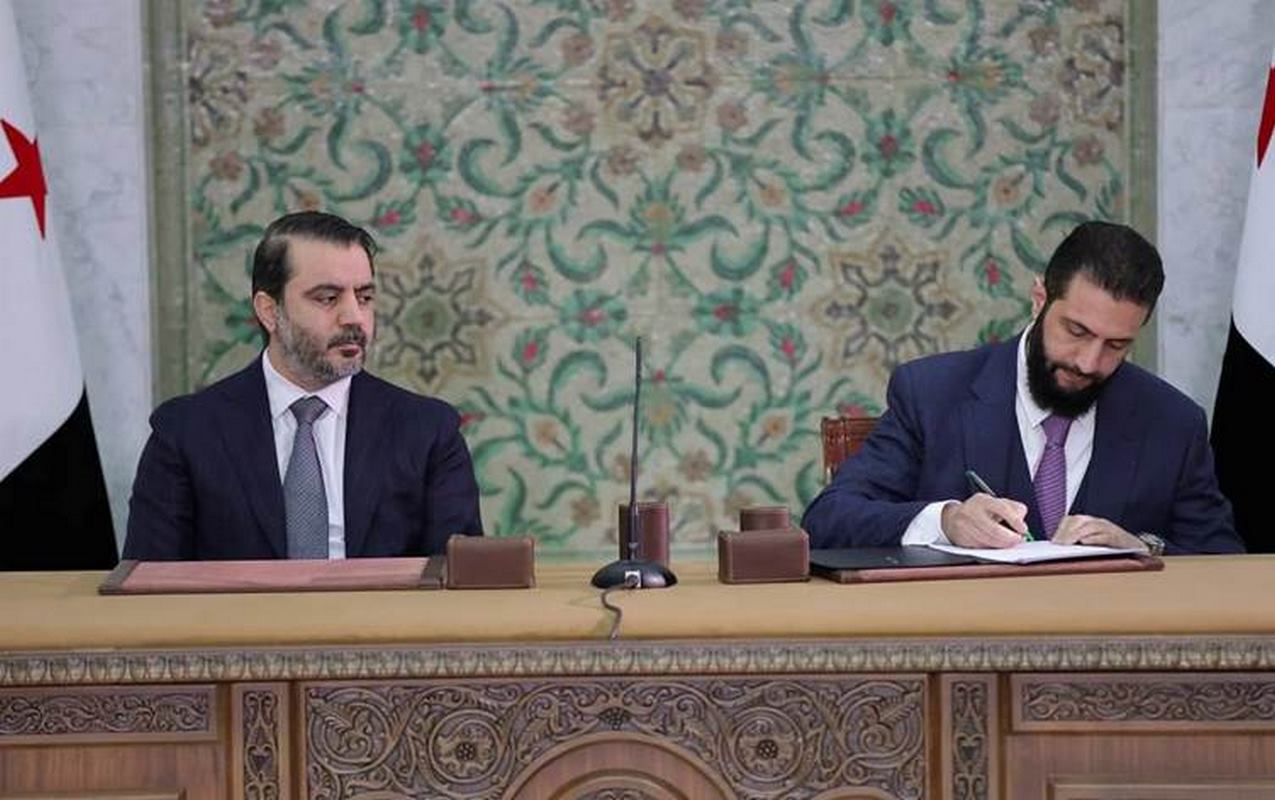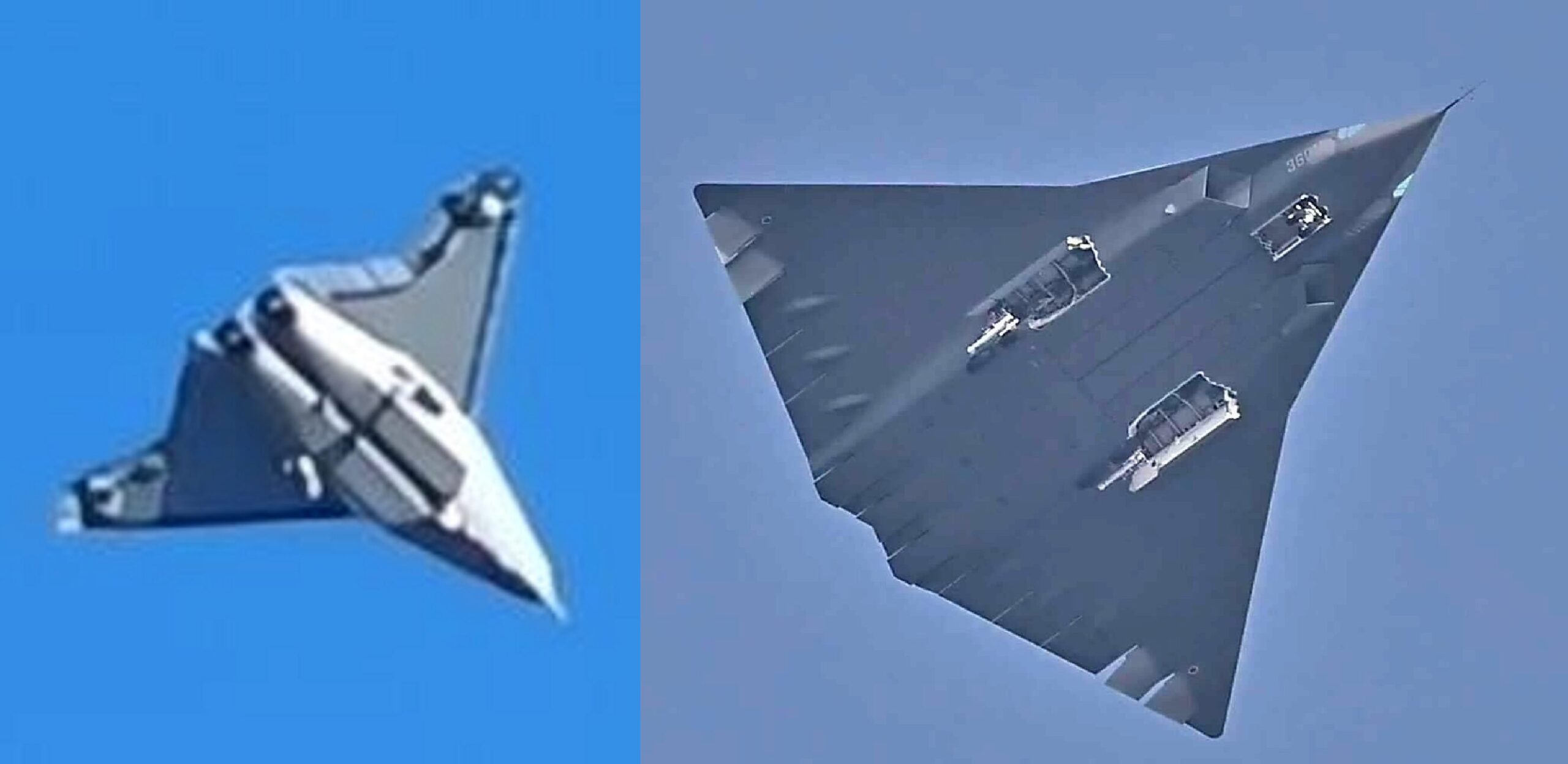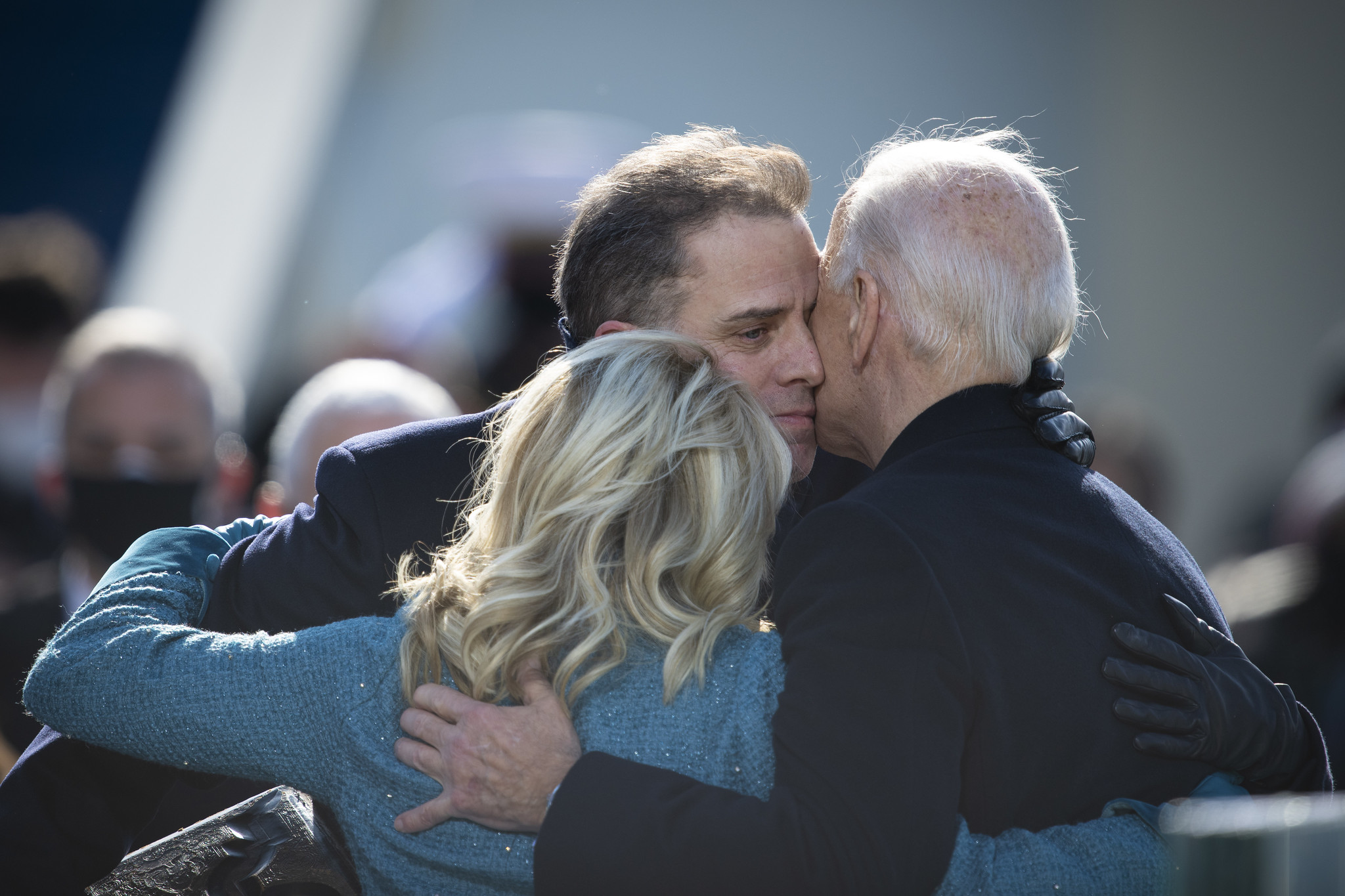NEW YORK CITY, U.S. October 25th 2020. A treaty that bans the use, manufacturing, sale, and maintenance of nuclear weapons has just received the 50 ratifications it needs to enter into force, making nuclear weapons illegal under international law for the first time in history.
UN Secretary-General Antonio Guterres called it “a meaningful commitment towards the total elimination of nuclear weapons,” while the International Campaign to Abolish Nuclear Weapons called it “historic.”
Indeed Honduras, the 50th ratifying nation, put pen to paper on the 75th anniversary of the founding of the United Nations, formed in the aftermath of World War II with the express purpose of promoting peace and nuclear disarmament.
Entering into force on January 22nd 2021, the treaty makes expressly illegal all stages and uses of nuclear weapons within any nation that has ratified the treaty, and includes mechanisms that will allow these nations to hold each other accountable should a breach in the treaty be found.
Fifty steps towards a brick wall
While the International Federation of the Red Cross and Red Crescent Societies reminded writers at Al Jazeera the truth about nuclear war, that “the international community could never hope to deal with the consequences of a nuclear confrontation, [and] no nation is prepared to deal with a nuclear confrontation,” none of the 50 signatories possess or are believed to possess nuclear arms.
In reality, none of the “P5” nuclear dinosaurs of D.C., London, Moscow, Paris, and Beijing, nearly none of the NATO countries, and none of the other nuclear or presumed nuclear powers which include North and South Korea, India and Pakistan, have ratified the new treaty in their own nations, meaning they are not beholden to it.
Furthermore, Japan, the only country to be struck with nuclear weapons, also failed to sign the treaty, with the only regionally-influential nations included in the fifty who ratified it being Mexico, Nigeria, Austria, and South Africa.
The U.S. Department of State sent letters to ratifying nations asking them to withdraw support, claiming they were making a strategic error, and stating that the new Treaty on the Prohibition of Nuclear Weapons undermined the old Nonproliferation Treaty, which they state was the global institutional-cornerstone of nonproliferation.
In reality they much prefer the older treaty because they want to keep their nuclear weapons, and since none of Washington’s perceived enemies have agreed to the TPNW, Cold War-era doctrine would state that America’s nuclear arsenal should remain fully operational.
Here though is 50 members of the international community, representing diverse cultures, linguistic regions, religions, economic systems, and wealth saying they’re sick of living in the nuclear-booby-trapped geopolitical chess match, and whether the “P5” and their allies, or the other nuclear-armed powers listen or not could set a precedent for international law and its perceived effectiveness in the future.


